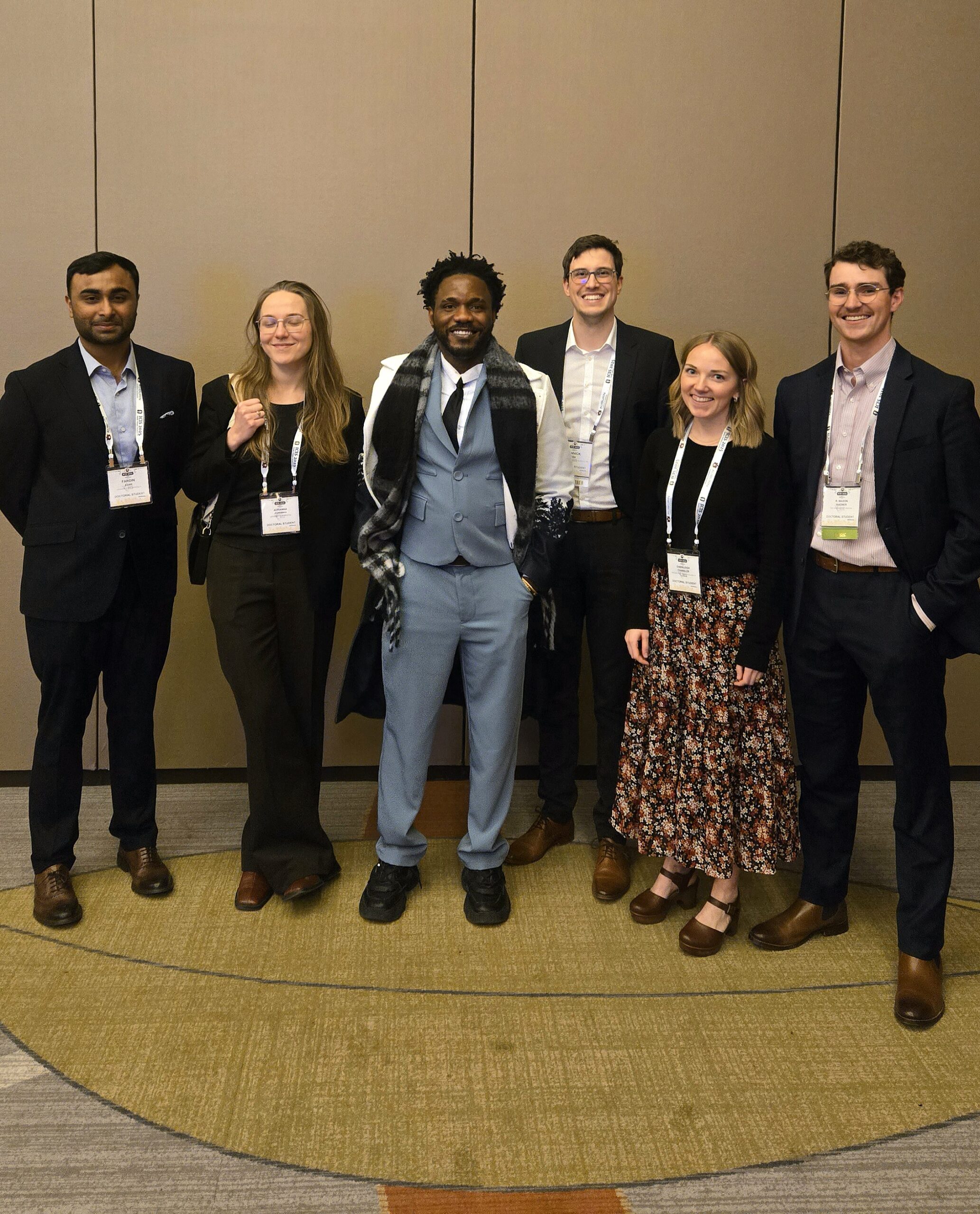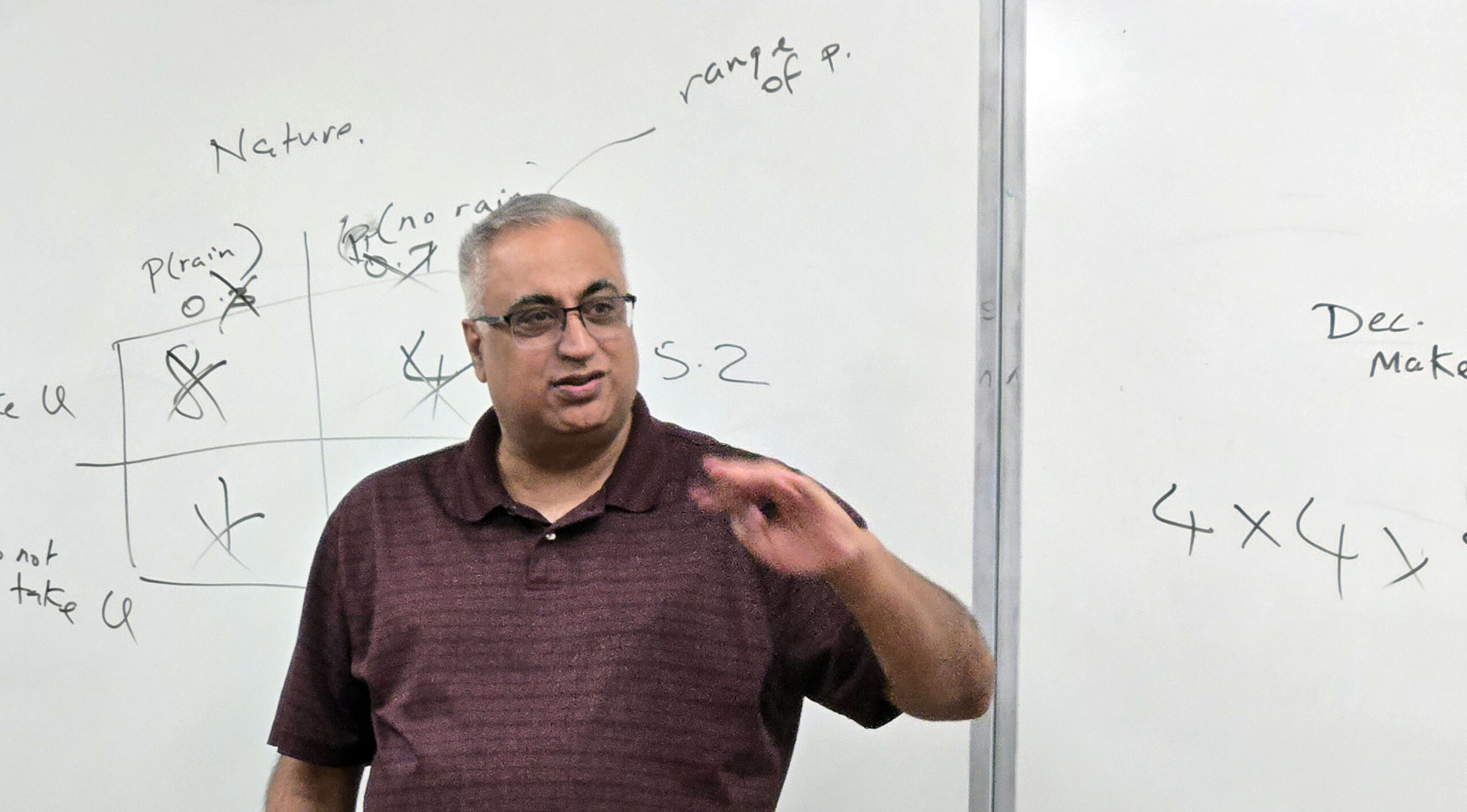This article reviews the main themes and key ideas presented in the paper from Samuel B. Bacharach’s “Organizational Theories: Some Criteria for Evaluation” (Academy of Management Review, 1989). The article focuses on establishing a framework for assessing the value and robustness of organizational theories.
Defining Theory: More Than Just a Collection of Constructs
Bacharach emphasizes the importance of distinguishing between mere descriptions, typologies, metaphors, and actual theories. He argues that many propositions in organizational studies are mistaken for theories. A true theory, according to Bacharach, goes beyond simple categorization and establishes clear relationships between constructs and variables:
“A theory is a statement of relations among concepts… It is no more than a linguistic device used to organize a complex empirical world. As Hall and Lindzey (1957, p. 9) pointed out, the function of a theory is ‘that of preventing the observer from being dazzled by the fullblown complexity of natural events.’ ” (p. 496)
Components of a Theory
The article highlights four key components of a theory: constructs, propositions, variables, and hypotheses (illustrated in Figure 1).
- Constructs are abstract concepts that represent categories of phenomena.
- Propositions articulate relationships between constructs.
- Variables are the empirical manifestations of constructs, measurable elements that allow for testing the propositions.
- Hypotheses are specific predictions derived from propositions, stating the expected relationships between variables.
Criteria for Evaluating Theories
Bacharach proposes two primary criteria for evaluating the quality of a theory:
- Falsifiability: A theory must be constructed in such a way that it can be empirically disproven. He draws on the work of Karl Popper (1959), asserting that the pursuit of universal truth in theories is futile. Instead, theories should be framed so that they can be potentially refuted through empirical observation
Falsifiability determines whether a theory is constructed such that empirical refutation is possible.1 In other words, a theory is falsifiable if it is possible to design an experiment or gather data that could potentially prove the theory wrong.1
The goal of science is the pursuit of universal truth. However, since it is impossible to prove a theory to be true for all time, the only way to test a theory is to try to refute it.
Theories are like the accused in an American courtroom — innocent until proven guilty. Theories are often stated in such a vague way that they are robust to any disconfirming evidence. Just as no person can be above the law, no theory ought to be exempt from empirical refutation. If organizational theorists want to discover deeper theories, they must be able to discard such false theories. To be able to do this, they must try to construct theories that are coherent enough to be refuted.
For example, if a theory makes a specific prediction about a relationship between two variables, and that prediction is not borne out by the data, then the theory has been falsified.
A theory that is not falsifiable is not a scientific theory. This is because it cannot be tested, and therefore cannot be disproven. For example, a theory that states that “all swans are white” is falsifiable, because it is possible to find a swan that is not white. However, a theory that states that “God exists” is not falsifiable, because there is no way to design an experiment that could prove or disprove the existence of God
“Theories are thus like the accused in an American courtroom—innocent until proven guilty. Just as the American legal system assumes that the theorists can rebut any disquieting evidence, it ought to be constructed in such a way that it is forever exempt from empirical refutation.” (p. 501)
- Utility: A theory must offer practical value by connecting theoretical propositions with the realm of application. This utility is manifested in the theory’s ability to explain, predict, and provide guidance for action.
Measurement Issues and Boundaries of Theories
The article delves into the critical issue of measurement in evaluating theories. Variables derived from theoretical constructs must be defined operationally and measured reliably and validly to ensure the falsifiability of the hypotheses:
“Measurement issues…may subtly disguise the object of analysis, essentially unconventionally making the theory not subject to disconfirmation. This situation describes the test of nomological validity in which constructs are defined in terms of other constructs, making it impossible to specify relevant time and space parameters.” (p. 502)
Furthermore, Bacharach emphasizes the importance of acknowledging the boundaries of theories. These boundaries are determined by the implicit assumptions about values, time, and space that underpin a theory. Acknowledging these limitations is crucial for understanding the applicability and generalizability of theoretical propositions.
Conclusion
Bacharach concludes by advocating for a more rigorous and critical approach to theory building and evaluation in organizational studies. He calls for researchers to prioritize falsifiability and utility, while carefully considering measurement issues and theoretical boundaries. By adhering to these principles, researchers can contribute to the development of more robust and impactful organizational theories.










Leave a Reply